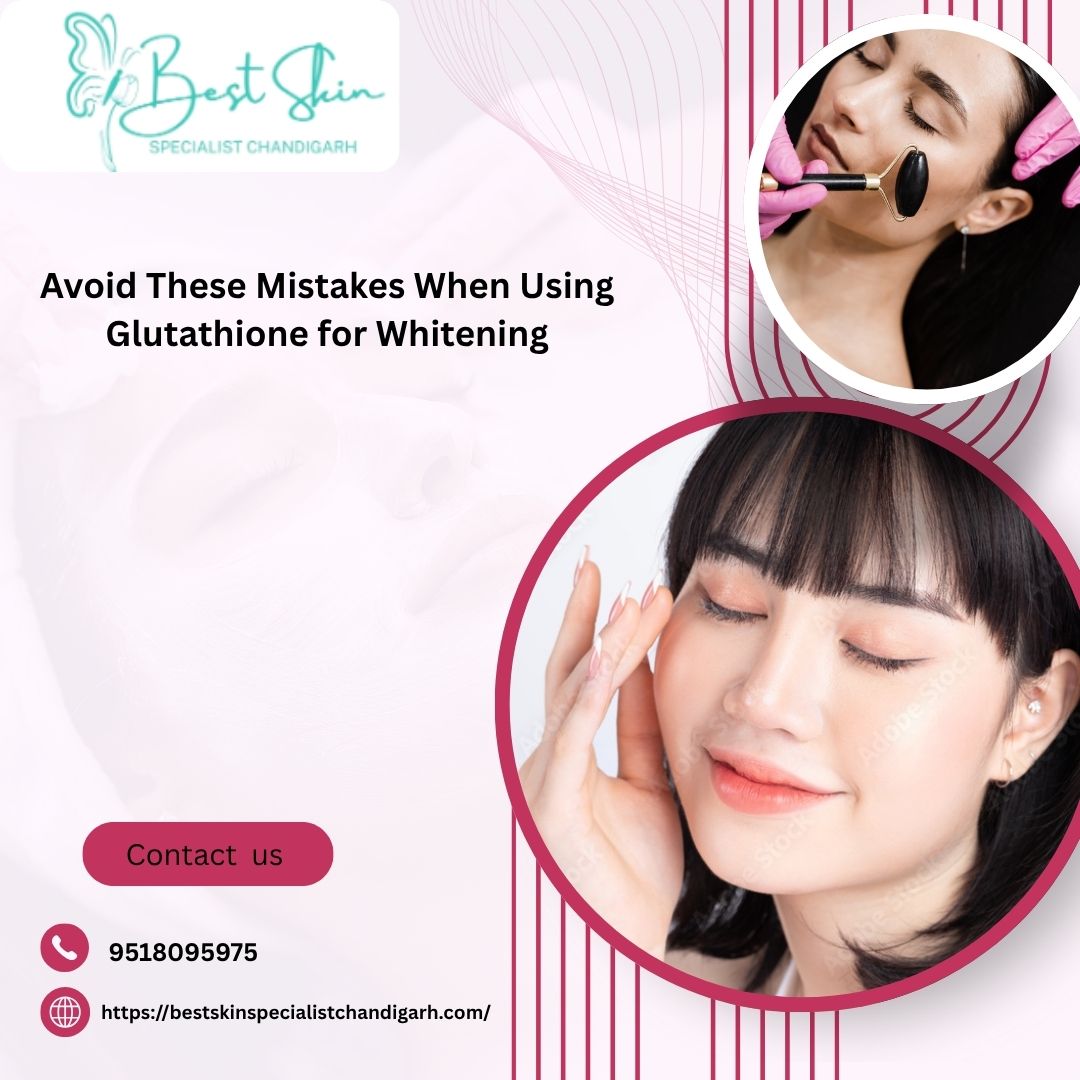The Ultimate Guide to Glutathione: Benefits, Risks, and What to Know Before You Start

Strong 8k brings an ultra-HD IPTV experience to your living room and your pocket.
Glutathione has taken the health and beauty world by storm, touted for its powerful antioxidant properties and skin-whitening effects. If you’ve been curious about adding glutathione supplements or treatments to your routine, it’s essential to understand not only the benefits but also the potential risks and important precautions. In this comprehensive guide, we’ll dive into what to avoid when taking glutathione, what happens when you stop taking glutathione, and explore the role of glutathione for skin whitening.
What is Glutathione?
Glutathione is a naturally occurring antioxidant found in nearly every cell of the body. It is composed of three amino acids: cysteine, glutamine, and glycine. Its main role is to protect cells from oxidative stress and damage caused by free radicals. Beyond its antioxidant functions, glutathione is involved in detoxification, immune support, and even skin health.
Many people take glutathione supplements or undergo treatments to boost their glutathione levels, especially for its potential benefits in promoting clearer, brighter skin and supporting overall wellness.
Glutathione for Skin Whitening: How Does It Work?
One of the most popular uses of glutathione is for skin whitening or lightening. It’s believed to inhibit melanin production, the pigment responsible for skin color, which can lead to a lighter complexion with regular use.
The Mechanism:
Glutathione inhibits the enzyme tyrosinase, which plays a crucial role in the production of melanin. By blocking this enzyme, glutathione reduces melanin synthesis, leading to a gradual lightening effect on the skin. This has made glutathione a sought-after ingredient in many skin whitening products and intravenous (IV) treatments.
Forms of Glutathione for Skin Whitening:
Oral Supplements: Pills or capsules taken daily.
Topical Creams: Applied directly to the skin.
Intravenous (IV) Therapy: Administered by medical professionals for faster results.
While many swear by glutathione’s skin whitening effects, results can vary depending on dosage, frequency, and individual skin type.
What to Avoid When Taking Glutathione
Despite its benefits, glutathione is not without risks. Here are critical things to avoid to ensure safe and effective use:
1. Avoid Overdosing or High Dosages Without Medical Supervision
Taking excessive amounts of glutathione supplements can lead to potential side effects, including allergic reactions, abdominal cramps, or even interference with your body’s natural antioxidant balance. Always follow recommended dosages and consult with a healthcare provider, especially for intravenous treatments.
2. Avoid Unregulated or Unverified Products
The supplement market is flooded with glutathione products, many of which are unregulated or counterfeit. Using unverified products can expose you to harmful additives or contaminants. Always purchase supplements from reputable brands and stores, and be cautious of cheap or “too good to be true” offers.
3. Avoid Long-Term Use Without Breaks
Continuous, long-term use of glutathione supplements can potentially disrupt your body’s natural production of the antioxidant. It’s advisable to take breaks or cycle your usage based on professional guidance to avoid dependency or reduced natural glutathione synthesis.
4. Avoid Self-Medicating IV Treatments
IV glutathione therapy has gained popularity, but it should only be administered by qualified healthcare professionals in a controlled environment. Self-medicating or getting IV treatments from unlicensed providers increases risks of infection, vein damage, or allergic reactions.
5. Avoid Taking With Certain Medications Without Consulting a Doctor
Glutathione supplements can interact with certain medications, such as chemotherapy drugs or nitroglycerin. If you’re on any prescription medications, speak with your healthcare provider before starting glutathione.
What Happens When You Stop Taking Glutathione?
Many people wonder what happens if they stop taking glutathione after using it for a while, especially for skin whitening purposes.
1. Skin Tone May Return to Baseline
Since glutathione works by suppressing melanin production, once you stop, your body resumes its normal melanin synthesis. This means your skin tone may gradually return to its original color over time. The speed of this reversal varies depending on how long you took glutathione and your individual skin characteristics.
2. Antioxidant Levels Normalize
Your body naturally produces glutathione, so when supplementation stops, your levels may return to baseline. If you were relying solely on supplements to boost antioxidant protection, you might notice decreased effects related to skin brightness or overall antioxidant benefits.
3. No Withdrawal Symptoms But Potential Reduced Protection
Unlike some substances, glutathione doesn’t cause withdrawal symptoms. However, stopping supplementation may reduce your body's extra antioxidant defense, potentially making your skin and cells more vulnerable to oxidative stress again.
4. Potential Rebound Effects Are Rare
There is limited evidence of rebound hyperpigmentation or other negative effects after stopping glutathione. Most people simply revert to their natural pigmentation and antioxidant balance.
Benefits Beyond Skin Whitening
While glutathione’s popularity for skin whitening is high, it offers numerous other health benefits worth considering:
Detoxification: Glutathione binds to toxins and helps flush them out via the liver and kidneys.
Immune Support: It boosts white blood cell function, enhancing your body's defense against infections.
Anti-Aging: By combating oxidative stress, glutathione may slow signs of aging and improve overall skin health.
Improved Energy: It supports mitochondrial function, which can increase energy production at the cellular level.
Safety Tips for Using Glutathione
Consult a Healthcare Provider: Before starting any supplement or treatment, especially if you have pre-existing conditions.
Choose Quality Products: Look for third-party tested glutathione supplements.
Monitor Your Body’s Response: Watch for any allergic reactions or side effects.
Maintain a Healthy Lifestyle: Antioxidants work best alongside a balanced diet, regular exercise, and hydration.
Conclusion
Glutathione is a powerful antioxidant with promising benefits, especially for those interested in skin whitening and overall wellness. However, knowing what to avoid when taking glutathione and understanding what happens when you stop taking glutathione can help you make informed decisions about its use.
If you are considering glutathione specifically for skin whitening, be patient, as visible results typically take time. Moreover, always prioritize safety by choosing quality products and consulting professionals for treatments like IV therapy.
Remember, glowing skin is best achieved through a holistic approach that includes proper skincare, nutrition, and healthy lifestyle choices—glutathione can be a valuable part of that toolkit but should be used wisely.
Note: IndiBlogHub features both user-submitted and editorial content. We do not verify third-party contributions. Read our Disclaimer and Privacy Policyfor details.



